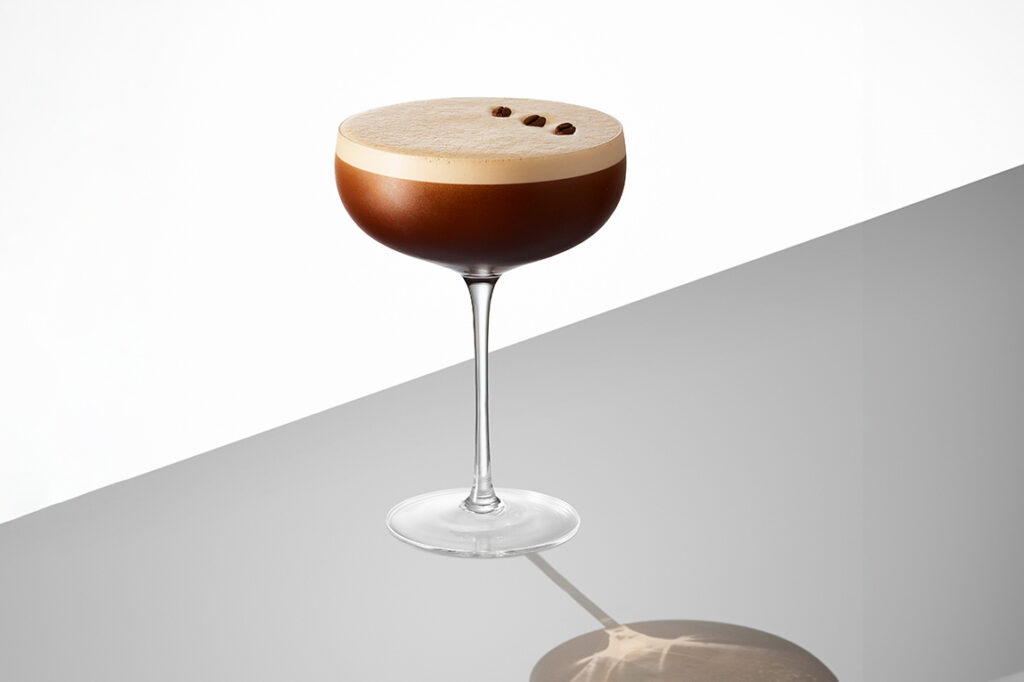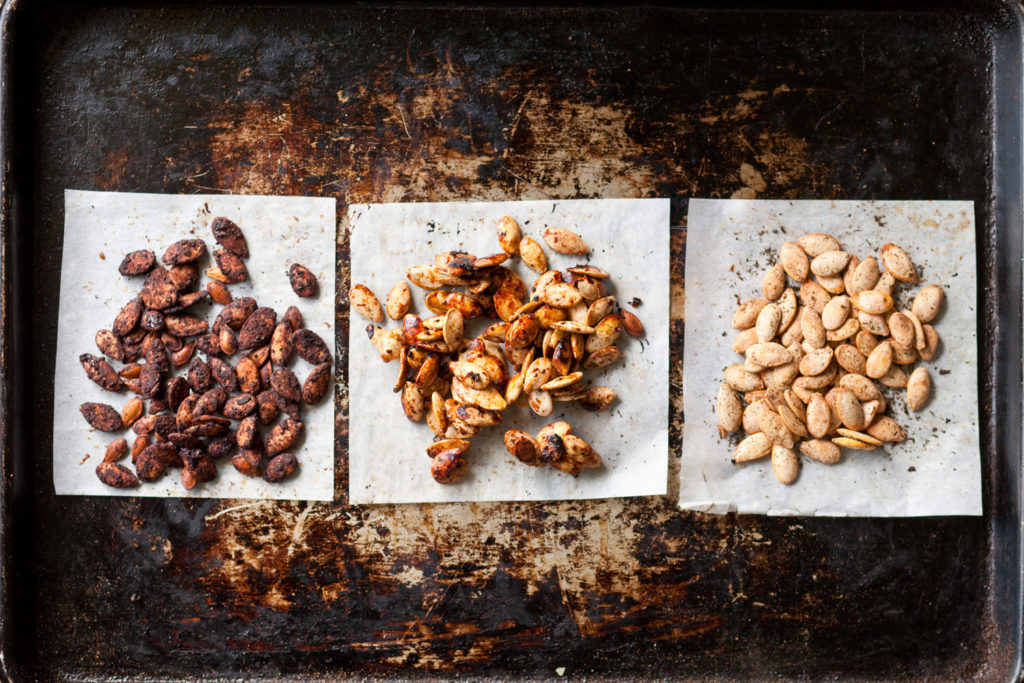Coffee: Important Facts, Health Benefits, and Recipes
Explore the health benefits, history, and varieties of coffee in our ultimate guide, and learn how to store and enjoy this beloved beverage responsibly.

Best Coffee Recipes
-

-

-
:max_bytes(150000):strip_icc()/__opt__aboutcom__coeus__resources__content_migration__simply_recipes__uploads__2007__04__coffee-ice-cream-5a08803d49d4466ab6a764b6e5d94e2f.jpg)
-
:max_bytes(150000):strip_icc()/__opt__aboutcom__coeus__resources__content_migration__serious_eats__seriouseats.com__recipes__images__20100820-smokedchocicecream-84bfc0154f214311b7acb1105adc35c4.jpg)
-
:max_bytes(150000):strip_icc()/GettyImages-510230727-58eaeb4a5f9b58ef7e66add1.jpg)
-
:max_bytes(150000):strip_icc()/coffee-infused-bourbon-760220-hero-01-4608b4ae435e41719b7726ccc5c36430.jpg)
-
:max_bytes(150000):strip_icc()/Ginspresso-Martini-548672031-5758145b3df78c9b469d8470.jpg)
-
:max_bytes(150000):strip_icc()/moroccan-spiced-coffee-2394960-hero-02-01fe7d34ec1e49378a5c533d688a19ad.jpg)
-
![Espresso Martini Granita Recipe Image]()
-
![Espresso Martini Image]()
-
![Java Painkiller Image]()
-
![Coffee Bean Bark Image]()
-
![Chocolate-Covered Coffee Beans Image]()
-
![Homemade Coffee Liqueur Image]()
-
![Roasted Pumpkin Seeds Image]()
-
![Coffee-Rubbed Ribs Recipe Image]()
-
![Peanut Horchata Sorbet Recipe Image]()
-
![How To Make Cold Brew Coffee Image]()
-
![7 Things to Know About Making Cold Brew Coffee at Home Image]()
-
![Carrots Roasted in Coffee Beans From 'Coi' Image]()
-
![Cold Brew Iced Coffee Recipe Image]()
-
![Japanese-Style Iced Coffee Recipe Image]()
-
![Cold Brew Concentrate Recipe Image]()
-
![Perfect Homemade Cold Brew Image]()
-
![Coffee Sambuca Recipe: An Easy Italian Coffee Drink Image]()
-
![Espresso Martini Recipe Image]()
-
![Upgraded Mudslide Recipe Image]()
-
![Pumpkin-Coffee Milkshake Recipe Image]()
-
![Espresso Martini Recipe Image]()
-
![Coffee Old-Fashioned Bourbon Cocktail Recipe Image]()
-
![Bacchus Espresso Martini Recipe With Vanilla Rum Recipe Image]()
-
![Coffee Flavored Flan Dessert Recipe Image]()
-
![Espresso Martini Recipe Image]()
-
![Espresso Martini Image]()
-
![Espresso Martini Image]()
-
![Frozen Espresso Martini Image]()
-
![Espresso Martini with Baileys Image]()
-
-
![Creme Brulee Espresso Martini Image]()


:max_bytes(150000):strip_icc()/espresso-martini-granita-recipe-5235696-hero-01-0bf04b2f4e4741bd87235648ba9209e2.jpg)






:max_bytes(150000):strip_icc()/__opt__aboutcom__coeus__resources__content_migration__serious_eats__seriouseats.com__recipes__images__2016__07__20110118-133415-coffee-rubbed-ribs-f175de558e834e818a4262555b2bf8f0.jpg)
/__opt__aboutcom__coeus__resources__content_migration__serious_eats__seriouseats.com__recipes__images__20110610-155450-peanut-horchata-sorbet-a4c9fb1dbb7a4bf2892b5921ff33a6ed.jpg)
:max_bytes(150000):strip_icc()/Simply-Recipes-Cold-Brew-Coffee-LEAD-16-428691bcdd594281b2f5dc6dbc8235e4.jpg)
:max_bytes(150000):strip_icc()/__opt__aboutcom__coeus__resources__content_migration__simply_recipes__uploads__2018__09__20180905_SimplyRecipesWestrock-101-2-1-04e6f4a912944d73a95b472b8f3b26ef.jpg)
:max_bytes(150000):strip_icc()/__opt__aboutcom__coeus__resources__content_migration__serious_eats__seriouseats.com__recipes__images__2014__05__20140505-291795-cook-the-book-carrots-roasted-in-coffee-beans-66a59b694d3c4ce6bcde1fbceea47309.jpg)
:max_bytes(150000):strip_icc()/__opt__aboutcom__coeus__resources__content_migration__serious_eats__seriouseats.com__2020__06__20200619-cold-brew-coffee-daniel-gritzer-2-d00e5b0992ce4553b768231be21b75be.jpg)
:max_bytes(150000):strip_icc()/__opt__aboutcom__coeus__resources__content_migration__serious_eats__seriouseats.com__2020__06__20200620-japanese-style-iced-coffee-daniel-gritzer-32-d4f5a5b28c4045bc8f0a9c15b4ceb89f.jpg)
:max_bytes(150000):strip_icc()/cold-brew-concentrate-recipe-5197494-hero-01-0e959109cb5e45088925a3dbf696eab9.jpg)

:max_bytes(150000):strip_icc()/coffee-sambuca-recipe-766146-hero-01-c8fd7e3581f1435d87a2124894bc5a22.jpg)
:max_bytes(150000):strip_icc()/Simply-Recipes-Espresso-Martini-LEAD-05-426925b177fe4590b8e01427d97c3651.jpg)
:max_bytes(150000):strip_icc()/__opt__aboutcom__coeus__resources__content_migration__serious_eats__seriouseats.com__recipes__images__2012__11__20121125mudslide-0dd64c2b98ab440c9e5f67235d1b0e24.jpg)
:max_bytes(150000):strip_icc()/__opt__aboutcom__coeus__resources__content_migration__serious_eats__seriouseats.com__recipes__images__2012__10__20121015coffeemilkshake-a8b0d12b65e6449e9e17c53d94eb72e4.jpg)
:max_bytes(150000):strip_icc()/espresso-martini-recipe-761050-hero-01-265180a4df204d5d8a92ec75cb8682f6.jpg)
:max_bytes(150000):strip_icc()/CoffeeOldFashioned-001-5bf32f0546e0fb00514305f4.jpg)
:max_bytes(150000):strip_icc()/traditional-italian-drink--the-espresso-martini-650166703-5bfac43d46e0fb00518218a7.jpg)
/GettyImages-962668498-9c88d2be94a047af8cee32501bfc3449.jpg)




